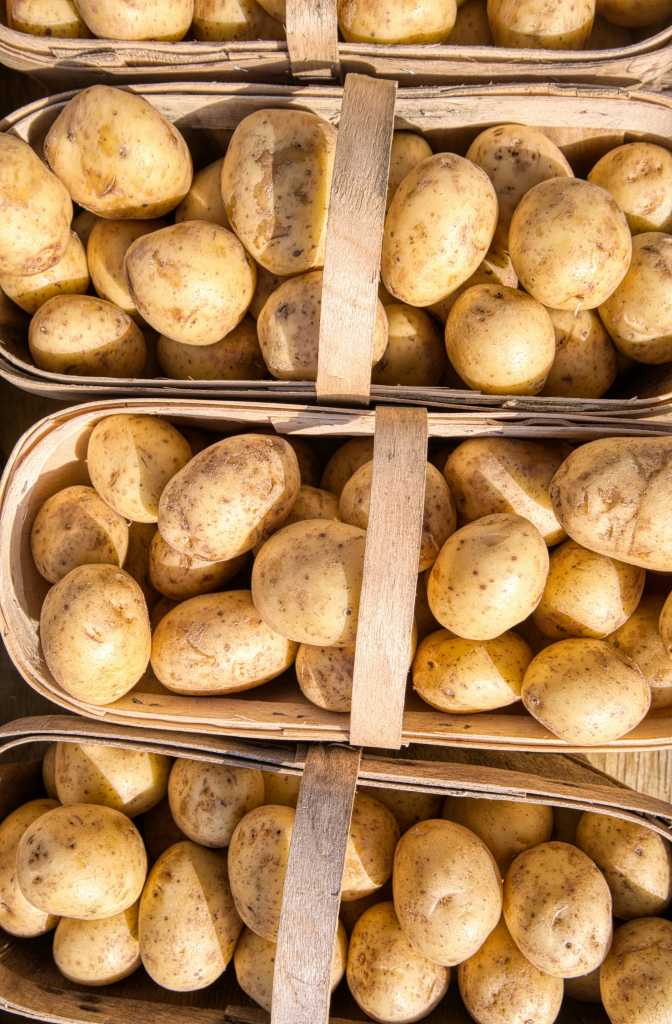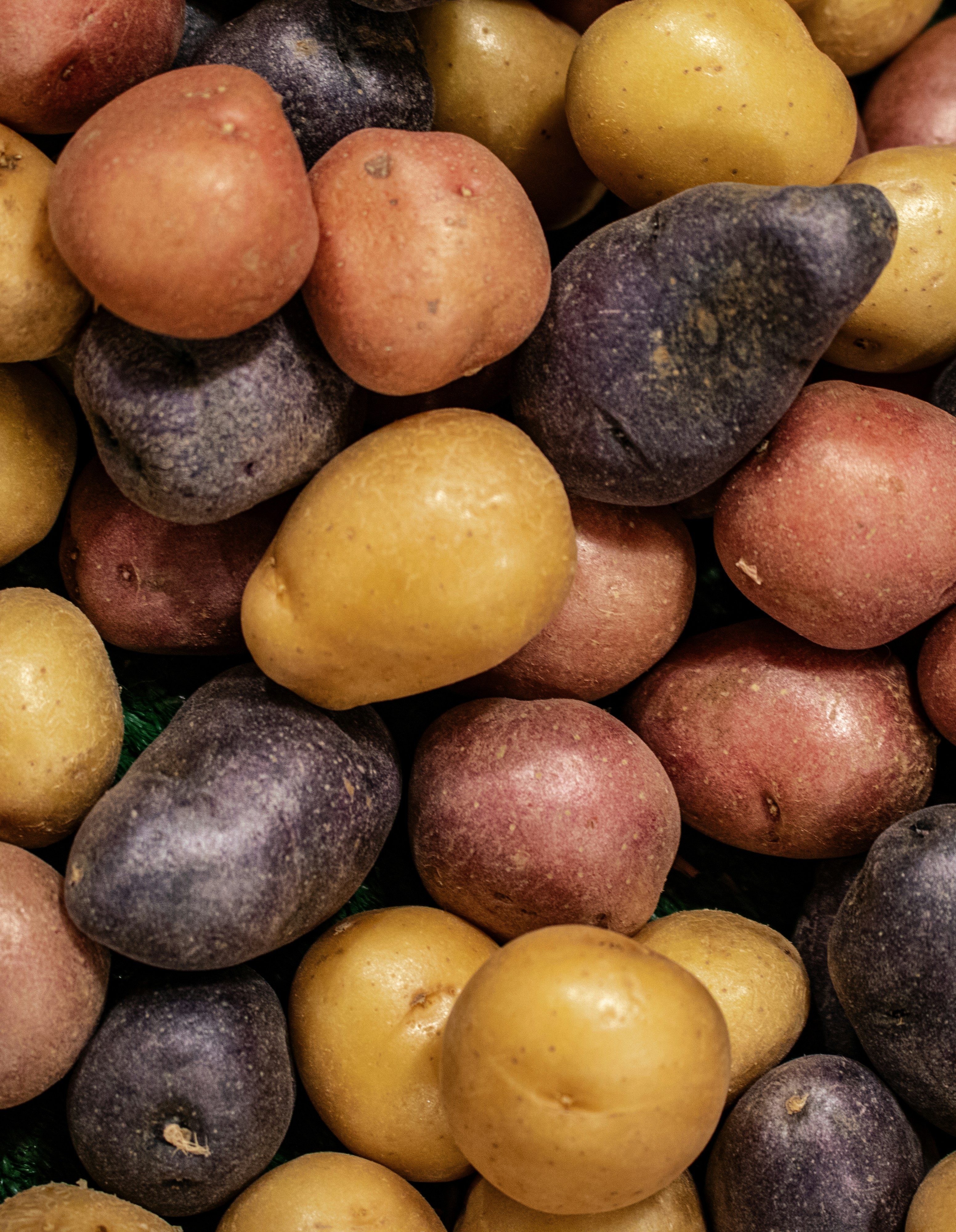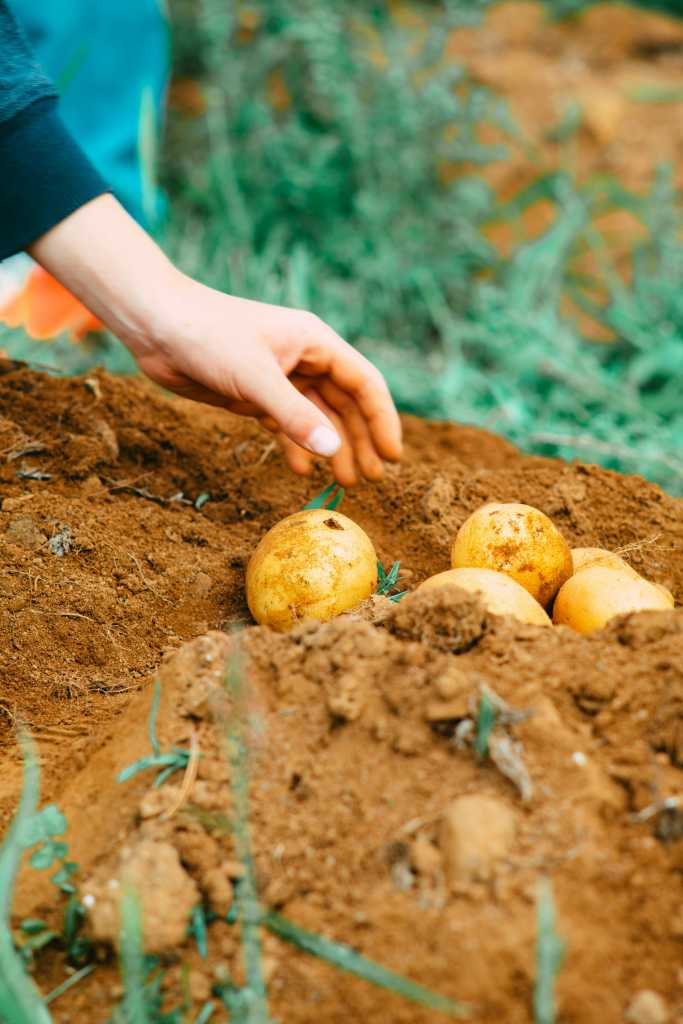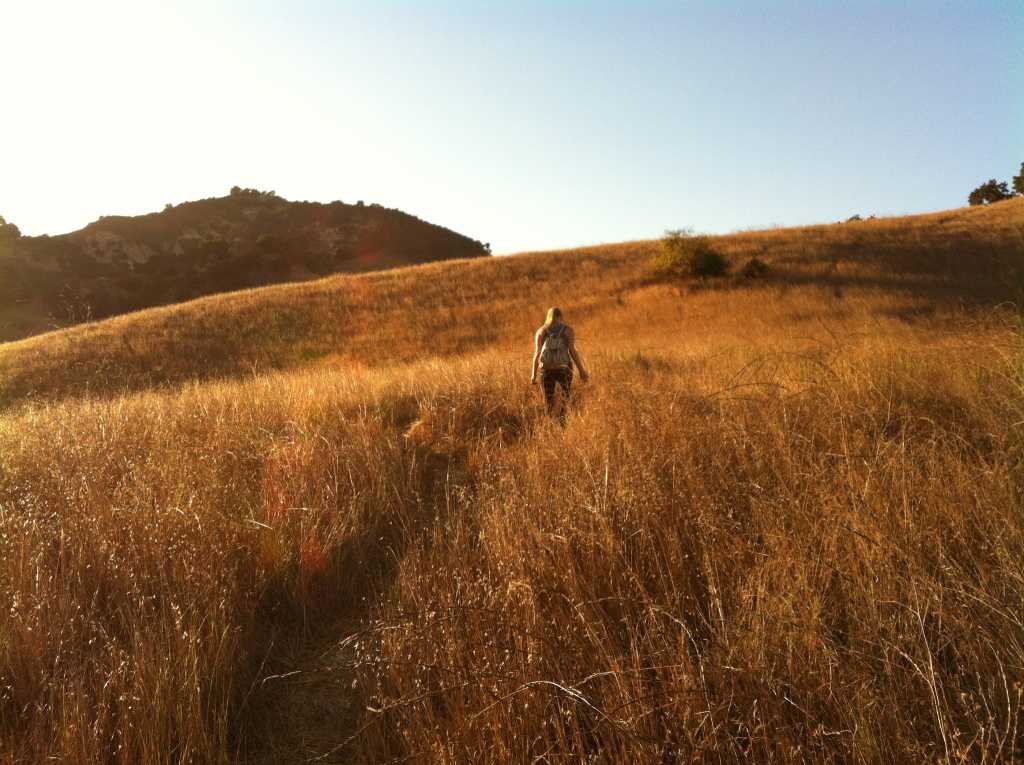Yes, you read that correctly, potatoes have been to space.
In 1995, the humble spud became the one of the first vegetables ever grown beyond Earth. A joint experiment between NASA and the University of Wisconsin-Madison successfully sprouted potato plants aboard the Space Shuttle Columbia. The goal was to explore how astronauts could grow fresh food on long missions, such as a potential journey to Mars.
Potatoes were chosen for their hardiness, high nutritional value and ability to produce more food per square metre than most crops. In space, they were cultivated in special growth chambers using a technique called “aeroponics”, where plants grow without soil, their roots misted with nutrient-rich water. The experiment proved that potatoes could thrive in microgravity, making them a serious contender for future space farming, showing that U.S. potatoes are not just down-to-earth, they are out-of-this-world.

How potatoes took root in America
Long before they reached the stars, potatoes took root in American history. Brought by European settlers in the 1600s, they became a staple in New England’s cool climate. Colonists relied on them for nourishment through long winters, eating them fresh, fried, or mashed, and preserving them for livestock feed. By the 19th century, potatoes were grown across the nation, with farmers experimenting to create varieties adapted to every soil and climate.
The most famous of these was the Russet Burbank, developed in the late 1800s. Its fluffy texture and golden skin made it ideal for baked potatoes and fries. More than a century later, it remains one of the most widely grown potatoes in the world, still defining how many of us imagine the “perfect potato.”
From Field to Market
Today, potatoes are cultivated in more than 30 U.S. states, yielding over 20 million tonnes annually. The range of climates — from volcanic soils to river-fed plains — allows farmers to produce potatoes year-round, with consistent quality.
Two regions, in particular, stand out:
- Idaho – With its rich volcanic soil, clean mountain water, and climate of warm days and cool nights, Idaho grows over 13 billion pounds of potatoes each year. Its Russets are world-famous for baking: split open, steaming, and ready for sour cream or melted cheese.
- Washington State – Thanks to fertile soils and advanced irrigation from the Columbia River, Washington achieves some of the highest yields globally. Farmers here produce not only russets but also reds and yellows that roast into golden, crispy wedges — perfect alongside grilled meats or fish.
Other major states like Wisconsin, Maine, North Dakota, and Oregon contribute their own varieties and strengths, together making the U.S. one of the world’s largest potato producers and exporters.

So many potatoes, so many possibilities!
There are more than 200 commercial potato varieties grown in the U.S., ranging from starchy russets to waxy reds and creamy golds. Each has its place in the kitchen:
- Russets – Best for baking, frying, and fluffy mash.
- Reds – Firm and colorful, perfect for salads and stews.
- Yellows – Naturally buttery, delicious when roasted.
- Specialty potatoes – Fingerlings, blues, and purples that bring both flavor and visual flair.
With modern storage, many of these varieties are available year-round, ensuring that consumers in Europe and beyond can enjoy them at their peak of flavor and texture.

From Farm to Table: A Taste of Tradition
Potatoes are woven into American culture as much as they are into its agriculture. Think of golden fries served with burgers, mashed potatoes on the Thanksgiving table, or a fully loaded baked potato piled high with toppings. Each dish reflects how deeply potatoes are part of everyday life.
For a taste at home, try baking Idaho Russets until tender, then topping them with sour cream, chives, and crispy bacon — or roast yellow U.S. potatoes with olive oil, garlic, and rosemary for a Mediterranean twist.
Bringing the Story Home
From the early settlers who first planted them in American soil, to NASA scientists who grew them in orbit, potatoes from the United States have always represented resilience and possibility. Today, those same qualities are what make U.S. potatoes so dependable in kitchens far beyond America’s borders.
So the next time you bake, mash, fry, or roast, think of the path that potato has taken: from fertile fields in Idaho or Washington, to family traditions across the U.S., and even to the stars. It’s a story that continues every time you bring a U.S. Potato to the table.
For more on varieties, farming, and recipes to try at home, visit the U.S. Potato Board and discover new ways to enjoy America’s spuds.



